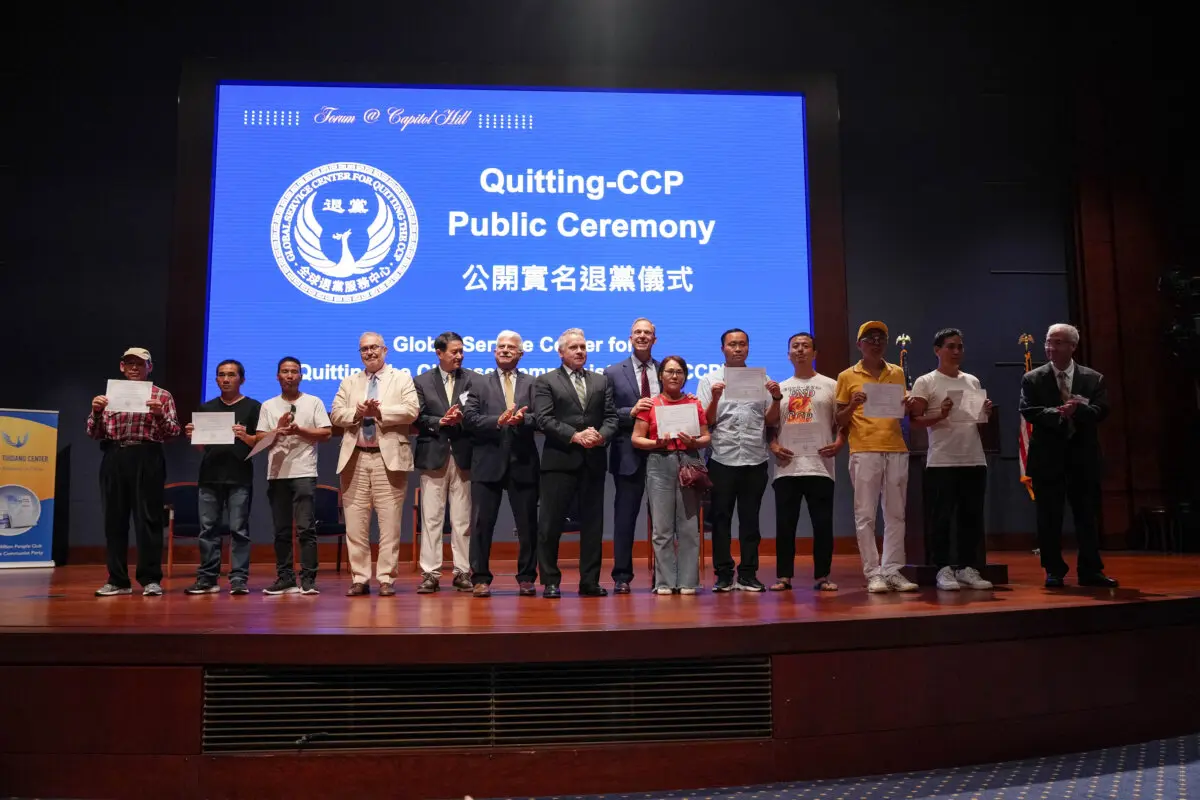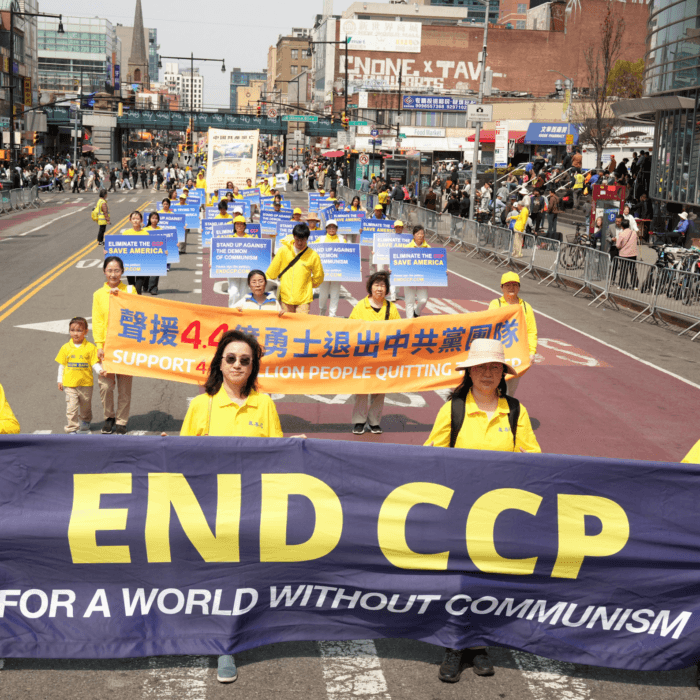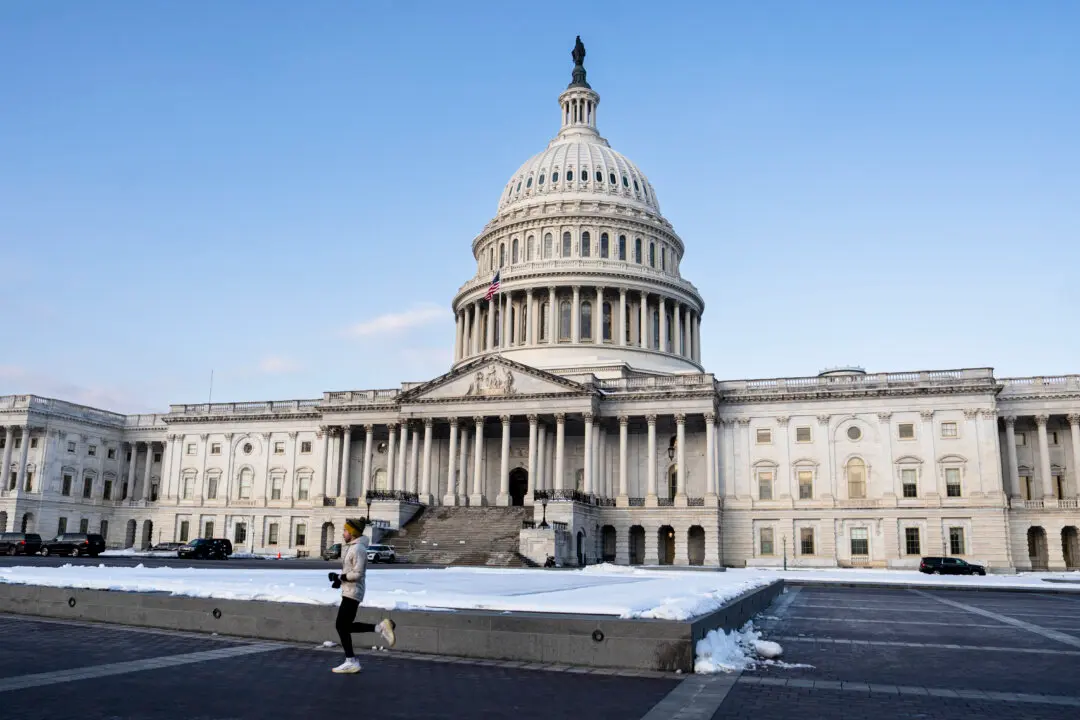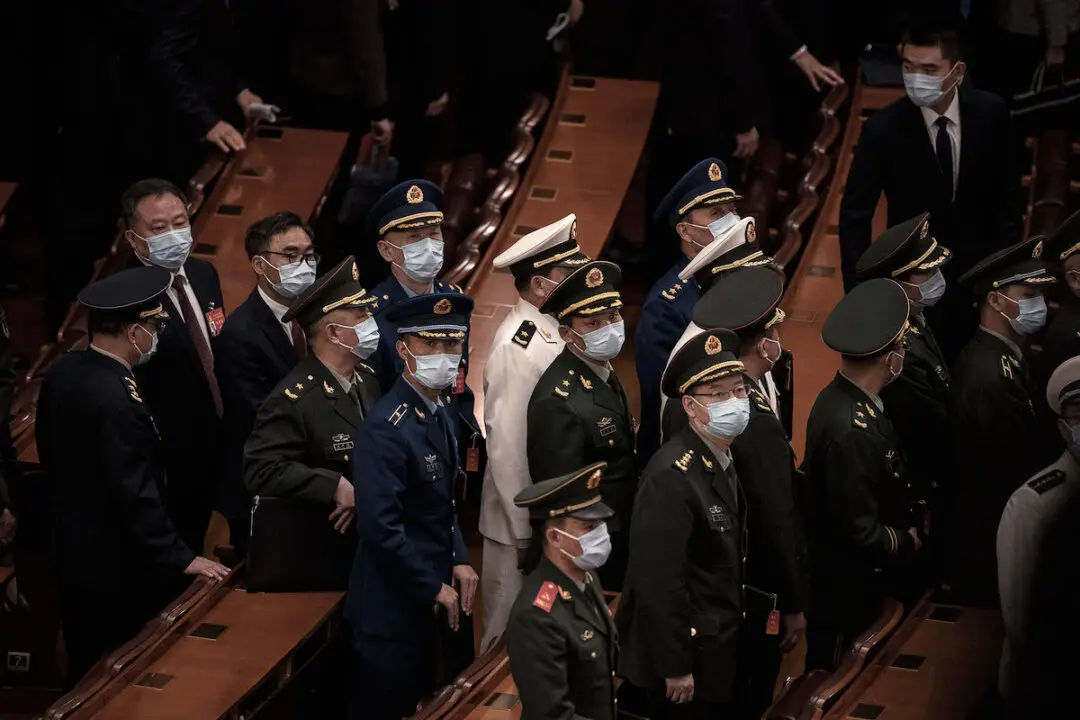Public Outrage Fuels a Political Awakening
Chinese state media reported that Yu, 37, allegedly fell to his death from a building in Beijing on Sept. 11. Chinese authorities swiftly ruled out foul play, but the official narrative has done little to calm widespread suspicion. Discussion of Yu’s death was quickly censored online, and police detained users who questioned the investigation, according to netizens.Various suspicions have since circulated that Yu was punished for resisting powerful industry figures, pointing to ties with top CCP officials. Chinese authorities have not addressed the allegations.

‘Quit the CCP’ Movement Gains Momentum
Beyond the immediate calls for justice, Yu’s death has reignited a broader “Quit the CCP” campaign, a movement encouraging Chinese people to formally renounce membership in the CCP, the Communist Youth League, and the Young Pioneers of China.The center has also published “Quit the CCP” statements, and many of the recent submissions explicitly cited Yu’s case as their motivation.

A 22-year-old from Henan province wrote: “After seeing how the CCP shields wrongdoers with the power of the state, I can no longer stay silent. I hereby nullify every oath I ever made to the Party.”
Others echoed similar sentiments, describing Yu’s death as a breaking point in their disillusionment with the Chinese regime. Li Fangfang, who now lives in Canada, stated that Yu’s case opened her eyes to the brutality of the system.
“China today is a massive meat grinder,” she wrote. “Ordinary people are just spare parts for the red [communist] elite. I’m quitting the Communist Youth League and Young Pioneers for good.”
Even those once proud of their patriotism are rethinking their loyalty. Li Shuai, a Chinese expat in the United States, said Yu’s death shattered his long-held beliefs.
“I’ve always considered myself extremely patriotic. Because of the education we received growing up, we were taught to believe that without the Party, we wouldn’t have the good life we enjoy today,” he wrote.
“But with modern technology, it’s no longer possible to completely block information. Many of the things they’ve deliberately tried to cover up are now being exposed one after another.
“The case of Yu Menglong, in particular, has left me deeply unsettled and unable to find peace.”
Growing Interest in Taiwanese Media
In Taiwan—the self-ruled island that the CCP claims as its own with threats of a military invasion—media outlets have closely followed Yu’s death and the ensuing surge in “Quit the CCP” declarations.Mainstream Taiwanese media have highlighted what they describe as a rising wave of political awakening among Chinese people, citing data from the Global Service Center for Quitting the CCP.
Wang Zhiyuan, chair of the Global Service Center for Quitting the CCP, told The Epoch Times that Taiwan’s coverage reflects growing recognition of the CCP’s failures.
“Through the Yu Menglong incident, the Chinese people have seen the corruption and evil nature of the CCP, and their illusions about it have been shattered,” he said.
Analysts See Signs of a Crumbling System
Former Chinese lawyer Zhou Junhong described the “Quit the CCP” movement as a form of “spiritual self-rescue.” She argued that as more Chinese people realize that the CCP’s authoritarian control is the root of many of China’s injustices, public trust in the regime is eroding.“There is no truth and no justice in China,” Zhou said. “Only by completely severing ties with the CCP can one save themselves. In fact, this is a way of rising and fighting back [against the regime].”
Wang added that a notable change in recent months is that more people are now using their real names when renouncing the CCP, a level of courage rarely seen before. He said that between April and August this year, more than 60 young people from China publicly accepted “the Certificate of Quitting the CCP” during overseas rallies.
For many observers who spoke to The Epoch Times, these acts suggest that Yu’s death has come to symbolize more than a celebrity tragedy—it has become a catalyst for reflection and resistance, marking a moment of reckoning for a generation of Chinese people increasingly unwilling to remain silent under CCP control.







